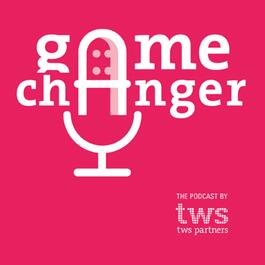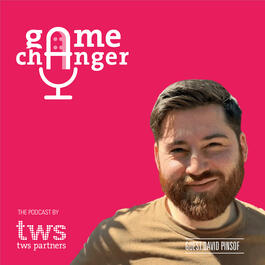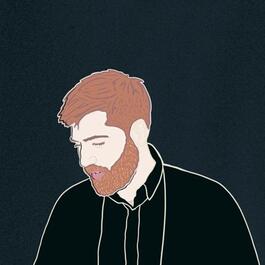
Game Changer - the game theory podcast
In Game Changer, the podcast by TWS Partners, we want to share our enthusiasm and passion for game theory and its applications. We invite guests from business and academia to discuss how they use the power of game theory in their profession to make a difference – and to learn some fun anecdotes, useful facts and valuable insights along the way. Join us on this journey, and find out that game theory is much more than a topic for ivory tower discussions.
Show episodes

Strange Bedfellows: The Game Theory Behind Counterintuitive Alliances | with David Pinsof
In this episode, we talk to David Pinsof about the surprising ways people form their beliefs and build alliances. Drawing on his survey with Cards Against Humanity, he shares how people often hold contradictory views and what this reveals about group coordination. We also dive into his game-theoretic model of coalition
In this episode we are talking to Vitali Gretschko about how generative AI can be used to simulate strategic behaviour in auctions. We explore where AI tools can support auction design, where they fall short, and how practitioners should interpret simulation results. Vitali also explains why AI is best seen as a co-int
In this episode, our guest Rory Smead shares insights on spite and what game theory can teach us about this puzzling behaviour. He explains why people sometimes punish others even at a cost to themselves, and whether this can be understood through more than just fairness. Using the ultimatum game as a central example,
In this episode we are talking to Timo Vogelsang about why incentives aimed at reducing absenteeism can sometimes have the opposite effect. Based on a Field Experiment in a German supermarket chain, he explains why offering bonuses for attendance backfired. We also explore how incentives can unintentionally shape belie
In this episode, we sit down with Philipp Strack to explore the hidden consequences of overconfidence. From distorted learning to discrimination and systemic bias, Philipp explains to us how overestimating ourselves can quietly shape our decisions, relationships, and even society — and why it’s not always a bad thing.

The marriage penalty – how the church rewired cooperation networks | with Jonathan Schulz
In this episode we explore how historical kinship structures, shaped in part by decisions of the Catholic Church, may have fundamentally changed the way humans are able to cooperate on a large scale. Using game theoretic concepts like reciprocity and network structure, we uncover how bans on cousin marriages and even m
